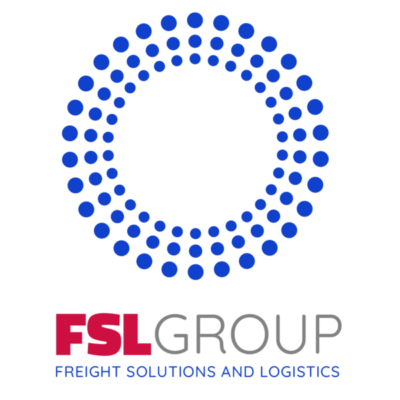Are you considering a new TMS?
Perhaps you haven’t had one yet, but are interested in modernizing your organization. Whether you are a young company struggling to accommodate new growth, or a seasoned company looking to maximize your existing labor expense, here are five questions to consider when evaluating your current or future TMS.
1. Are your seasoned staff members spending too much time on routine events?
Cradle to grave, from quoting to billing, there are dozens of events in a shipment’s lifecycle. Often, shippers have dedicated resources focused solely on capturing those lifecycle events in order to avoid surprises and late freight. Phone calls, emails, spreadsheets and a plethora of other methods are utilized to make sure that nothing falls through the cracks. However, one must ask “Is this really the best use of your time?”. Perhaps not. A good TMS handles most of this work, allowing experienced employees to step in only when needed to handle exceptions. Isn’t that why you pay for their valuable experience? A good TMS eliminates the time wasted on “sunny day” scenarios, allowing you to more quickly identify problems and allocate your best people to resolve them.
2. Are you making decisions based on incomplete data?
Luck is a horrible business strategy. The best decisions are made by analyzing data. A quality TMS captures a wide range of data points and allows you to produce valuable reports on key performance indicators to better run your business. It then allows you to produce more specific reports to identify why particular trends are outside of expected results. Not only do you need to reverse a bad trend, you want to know how to continue or expand on good results! A TMS captures the data, allowing you to produce standard as well as ad-hoc reports for better insight into your supply chain.
3. Are you achieving your target Freight Savings?
Traditional opinion says that you should be saving a minimum of 2-3% of your total transportation spend with a good process and the right TMS. Will you allow your planners to override the lowest cost carrier? If so, can you identify if/when/why they did so? Is there an approval process for that decision? This, and many more considerations will impact your freight savings. When moving to a new TMS, or considering using one for the first time, make sure it has the flexibility to handle real-world scenarios. At the same time, make sure that you can measure and report on your total spend in many ways and be able to compare against market indexes vs. just comparing year-over-year numbers.
4. Is your current system and process scalable?
A TMS implementation can be a labor-intensive project. Make sure you select one that is secure, reliable, and scalable. Consider capabilities for all modes of transit, even if you do not handle them today. Do not limit your business by putting yourself in a position to turn down new business because your TMS will not handle international business, or any type of shipment that you might not be handling currently. Make sure that the provider is focused on the security of your data. Can they accommodate your 1-year, 5-year, and 10-year growth plan?
5. Does the TMS have adequate Financial Audit and Settlement capabilities?
Money! Isn’t that why we do this? It is the number one goal of every company yet is consistently the last piece considered in process planning and implementation plans. The TMS that you select should allow you to audit carrier invoices and generate customer bills using the same set of rates and contracts that were originally quoted with. When a carrier invoice is received, the TMS should be able to compare it to the original rated amount for the load. If they equal, system logic can approve the invoice for payment and trigger the customer bill for that shipment. This allows your key resources to (again) focus on the exceptions and provide regular reports to carriers to notify them of needed corrections or denials. Are you a broker? Make sure your TMS tracks outstanding bills against a credit limit.
The items above are a few of many key considerations when evaluating your current, or future TMS provider. What else is important to you when looking at TMS providers? We would love to hear your thoughts and input.


